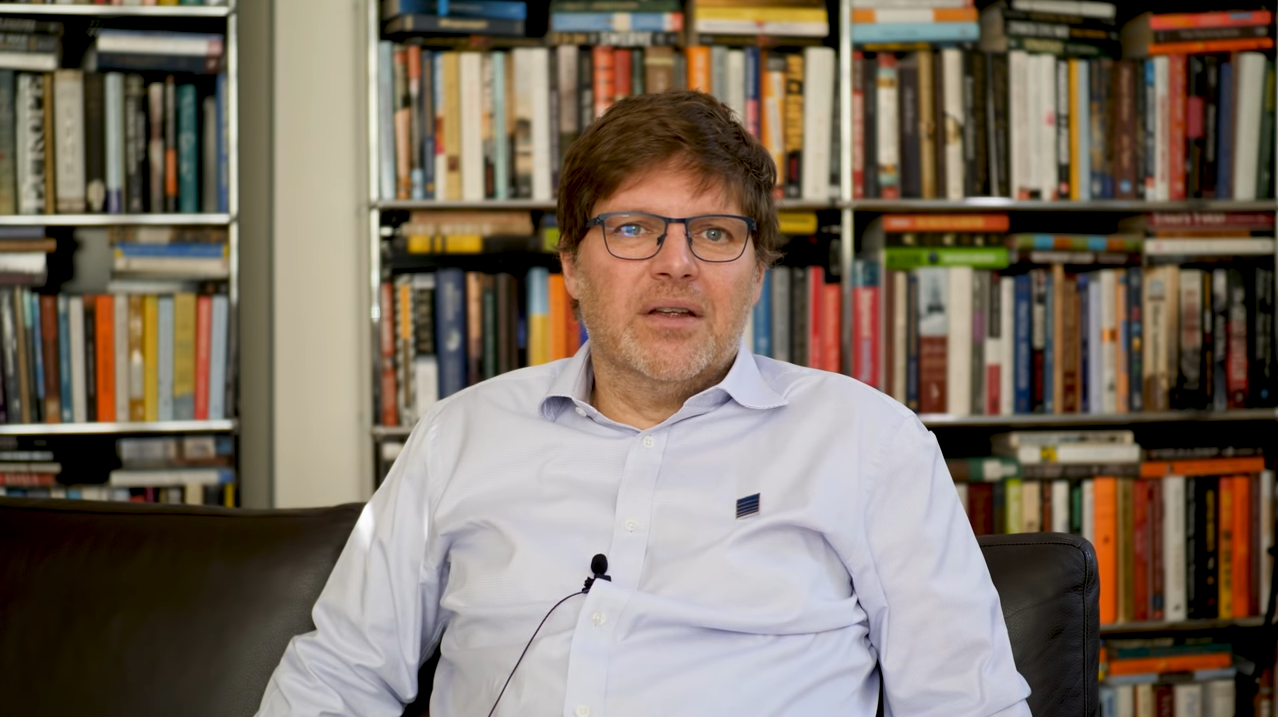During his recent interview with Julia La Roche, Guy Spier explained how Warren Buffett’s instincts keep him out of trouble. Here’s an excerpt from the interview:
Q1 2023 hedge fund letters, conferences and more

Spier: It was a question at this year’s Berkshire meeting where somebody asked, apparently Berkshire Hathaway got to owning about four or five billion dollars worth of Taiwan semiconductor. Which is not an insubstantial position even for Berkshire Hathaway.
And he sold out within three or four months. And I actually, when I saw that I thought that it was either Ted Wexler or Todd Combs.
And if I understood the way he answered the question that was very much Warren Buffett. And it seems he didn’t get into it… that he focused a little bit more on potential risks with China and decided that maybe he didn’t want a company with a huge number of assets based in Taiwan.
But at the same time it seems like he’s increased his bets, bets I don’t like calling them bets, his investments in businesses in Japan.
And so he’s looking for things that are very very far out on the horizon and he just doesn’t want to be there and he does that time and again.
You can watch the entire discussion here:
For all the latest news and podcasts, join our free newsletter here.
Article by The Acquirer’s Multiple.

